Blog
Sleep Apnea Treatment: Measuring Success & Adjusting
January 26, 2026 / DENTISTRY

As a dentist in Whitby specializing in sleep medicine, I understand that successful sleep apnea treatment requires ongoing monitoring and adjustment. At Downtown Whitby Dentistry, we carefully track outcomes, conduct follow-up assessments, and modify therapy as needed to ensure optimal results.
Sleep apnea treatment effectiveness varies among individuals based on numerous factors. The severity of the condition, patient compliance, and anatomical considerations all influence outcomes. Measuring success requires objective data from sleep studies combined with subjective symptom reporting.
Initial Baseline Measurements for Sleep Apnea Treatment
Effective sleep apnea treatment monitoring begins with establishing baseline measurements before therapy starts. A diagnostic sleep study provides objective data about the severity of your condition. The apnea-hypopnea index (AHI) measures how many breathing interruptions occur per hour of sleep.
The baseline sleep study also records oxygen saturation levels throughout the night. These measurements show how severely sleep apnea affects your body's oxygen supply. Blood oxygen levels below 90% indicate significant health risks that sleep apnea treatment must address.
Baseline measurements for sleep apnea treatment:
- Apnea-hypopnea index (AHI) score
- Oxygen saturation levels during sleep
- Sleep quality metrics
- Snoring intensity and frequency
- Baseline symptom severity scores
At Downtown Whitby Dentistry, we also document subjective symptoms before beginning sleep apnea treatment. These include daytime sleepiness, morning headaches, concentration difficulties, and partner-reported snoring. Tracking these symptoms alongside objective data provides a complete picture of treatment effectiveness.
Follow-up Sleep Studies After Sleep Apnea Treatment
Follow-up sleep studies are essential for measuring sleep apnea treatment effectiveness objectively. These studies typically occur 2 to 3 months after starting therapy with an oral appliance. The timing allows the body to adjust to the treatment while providing timely feedback for necessary modifications.
The follow-up sleep study is conducted while wearing your sleep apnea treatment device. This shows how effectively the appliance reduces breathing interruptions during actual sleep. Comparing the follow-up AHI to your baseline measurement quantifies the improvement achieved.
Follow-up sleep study metrics:
- New AHI score with treatment device
- Oxygen saturation improvement
- Sleep quality and efficiency changes
- Reduction in arousal events
- Residual symptoms assessment
Successful sleep apnea treatment typically reduces the AHI to below 5 events per hour. Partial improvement to below 10 events per hour may be acceptable for some patients. If the AHI remains elevated, adjustments to the sleep apnea treatment device or alternative therapies may be necessary.
Symptom Tracking for Sleep Apnea Treatment Success
Subjective symptom improvement is equally important as objective sleep study data. Many patients notice dramatic changes in how they feel within weeks of starting sleep apnea treatment. Tracking these improvements helps validate the effectiveness of therapy and motivates continued compliance.
Daytime sleepiness is one of the most noticeable symptoms that improves with effective sleep apnea treatment. We use standardized questionnaires like the Epworth Sleepiness Scale to quantify changes. Patients rate their likelihood of dozing in various situations, providing a measurable symptom score.
Symptoms monitored during sleep apnea treatment:
- Daytime sleepiness and fatigue levels
- Morning headache frequency and severity
- Concentration and memory improvements
- Partner-reported snoring changes
- Nighttime awakening frequency
At Downtown Whitby Dentistry, we ask patients to track symptoms during the first months of sleep apnea treatment. This daily tracking reveals patterns and helps identify factors that affect treatment effectiveness.
When Sleep Apnea Treatment Modifications Are Needed
Certain indicators suggest that sleep apnea treatment modifications are necessary. Persistent daytime sleepiness despite wearing the appliance consistently indicates inadequate treatment. Follow-up sleep studies showing minimal AHI improvement also signal the need for changes.
Physical discomfort or side effects may require sleep apnea treatment modifications. Jaw pain, tooth discomfort, or excessive salivation can affect compliance. Addressing these issues through appliance adjustments or design changes improves long-term treatment success.
Signs sleep apnea treatment needs modification:
- Persistent excessive daytime sleepiness
- Continued loud snoring reported by partner
- Morning headaches not improving
- Follow-up AHI remaining elevated
- Physical discomfort with current appliance
- Difficulty maintaining consistent use
Weight changes can significantly affect sleep apnea treatment effectiveness. Weight gain may worsen sleep apnea, requiring more aggressive therapy. Conversely, weight loss may allow for less invasive treatment or even resolution of the condition in some cases.
Oral Appliance Adjustments in Sleep Apnea Treatment
Oral appliances used for sleep apnea treatment often require adjustments to achieve optimal effectiveness. The initial fitting positions the jaw in a therapeutic position, but fine-tuning may be necessary. We make incremental adjustments based on symptom reports and objective data from follow-up studies.
The adjustment process for sleep apnea treatment involves gradually advancing the lower jaw position. Each small advancement increases airway space and may improve breathing during sleep. We balance effectiveness with comfort, as excessive advancement can cause jaw pain or bite changes.
Adjustment process for sleep apnea treatment:
- Initial conservative jaw positioning
- Symptom assessment after 2–4 weeks
- Incremental advancement if needed
- Comfort and side effect monitoring
- Follow-up sleep study with optimized position
- Final adjustment based on objective data
Some patients achieve excellent results with minimal adjustments to their sleep apnea treatment appliance. Others require several modification appointments to find the optimal position. This individualized approach ensures each patient receives the most effective therapy possible.
Long-term Monitoring of Sleep Apnea Treatment
Sleep apnea treatment requires ongoing monitoring even after achieving initial success. Annual follow-up appointments allow us to assess continued effectiveness and address any emerging issues. Regular check-ups ensure the appliance remains in good condition and fits properly.
Long-term sleep apnea treatment monitoring:
- Annual dental follow-up appointments
- Appliance condition and fit assessment
- Symptom questionnaire completion
- Sleep study every 1–2 years
- Treatment compliance discussion
At Downtown Whitby Dentistry, we maintain detailed records of each patient's sleep apnea treatment journey. This longitudinal data helps us identify trends and make informed decisions about ongoing care.
Compliance and Success in Sleep Apnea Treatment
Treatment compliance significantly affects sleep apnea treatment outcomes. Even the most effective appliance provides no benefit if not worn consistently. We monitor compliance through patient self-reporting and, when available, objective compliance tracking technology.
Some modern oral appliances include compliance monitoring chips that record wear time. This objective data shows how many hours per night the sleep apnea treatment device is worn. The information helps identify compliance issues that may explain suboptimal outcomes.
Effective sleep apnea treatment requires more than just providing an appliance or therapy device. Success depends on careful monitoring, regular follow-ups, and willingness to adjust therapy based on objective and subjective data. At Downtown Whitby Dentistry, we're committed to ensuring your sleep apnea treatment delivers optimal results through comprehensive monitoring and personalized adjustments. If you're currently receiving sleep apnea treatment or considering starting therapy, contact us today to learn how our thorough monitoring approach can help you achieve the best possible outcomes and improved quality of life.
Botox Therapeutics: From Cosmetic to Medical Marvel
January 10, 2026 / DENTISTRY

As a dentist in Whitby who offers advanced therapeutic treatments, I've witnessed the remarkable evolution of Botox therapeutics over the past decades. At Downtown Whitby Dentistry, we use Botox therapeutics for various medical applications beyond cosmetic enhancement. Today, I'll trace the fascinating journey of Botox therapeutics from its cosmetic origins to its current status as a versatile medical treatment.
Botox therapeutics has transformed from a wrinkle-reducing cosmetic procedure into a powerful medical tool. This evolution reflects decades of research, clinical trials, and regulatory approvals. Understanding the history of Botox therapeutics helps patients appreciate its legitimacy as a medical treatment rather than merely a cosmetic enhancement.
The story of Botox therapeutics demonstrates how scientific discovery can lead to unexpected therapeutic applications. What began as a toxin studied for food safety concerns became one of the most versatile treatments in modern medicine. This journey showcases the importance of continued research and open-minded exploration of medical possibilities.
The Early Discovery of Botox Therapeutics
The origins of Botox therapeutics trace back to the 1820s when scientists first identified botulinum toxin. German physician Justinus Kerner studied the toxin after food poisoning outbreaks. He recognized both its dangers and potential therapeutic properties, laying the groundwork for future Botox therapeutics development.
In the 1940s and 1950s, Dr. Edward Schantz successfully purified botulinum toxin type A. This purification was crucial for developing safe, controlled applications. The ability to isolate and standardize the toxin made therapeutic use possible, though practical applications were still decades away.
Early milestones in Botox therapeutics:
- 1820s: First scientific description of botulinum toxin
- 1940s: Successful purification of toxin type A
- 1960s: Research into therapeutic muscle relaxation
- 1970s: First human trials for eye conditions
- 1980s: Expanded research into various medical conditions
Dr. Alan Scott, an ophthalmologist, pioneered the therapeutic use of botulinum toxin in the 1970s. He used it to treat strabismus, a condition causing crossed eyes. This groundbreaking work demonstrated that controlled doses of the toxin could safely treat medical conditions, establishing the foundation for modern Botox therapeutics.
FDA Approvals That Legitimized Botox Therapeutics
The FDA approval process transformed Botox therapeutics from experimental treatment to mainstream medical therapy. The first approval came in 1989 for treating eye muscle disorders including strabismus and blepharospasm. This milestone validated years of research and opened doors for additional therapeutic applications.
In 2000, the FDA approved Botox therapeutics for cervical dystonia, a painful neck condition. This approval marked the beginning of widespread recognition of Botox as a legitimate medical treatment. The therapeutic applications were gaining equal importance to cosmetic uses.
Key FDA approvals for Botox therapeutics:
- 1989: Eye muscle disorders (strabismus, blepharospasm)
- 2000: Cervical dystonia (neck spasms)
- 2004: Severe underarm sweating (hyperhidrosis)
- 2010: Chronic migraine headaches
- 2013: Overactive bladder
- 2017: Pediatric spasticity conditions
The 2010 approval for chronic migraine treatment represented a significant expansion of Botox therapeutics. This approval affected millions of people suffering from debilitating headaches. Clinical trials showed that Botox therapeutics could reduce migraine frequency and severity when other treatments failed.
Botox Therapeutics Enters Dental Medicine
The integration of Botox therapeutics into dental practice represents a natural evolution of the field. Dentists possess extensive knowledge of facial anatomy, muscle function, and pain management. This expertise makes dental professionals ideal providers of Botox therapeutics for oral and facial conditions.
Temporomandibular joint disorders became one of the first dental applications of Botox therapeutics. The treatment addresses muscle hyperactivity that contributes to jaw pain and dysfunction. Many patients who hadn't responded to traditional TMJ treatments found relief through Botox therapeutics.
Dental applications of Botox therapeutics:
- TMJ disorder treatment
- Bruxism (teeth grinding) management
- Gummy smile correction
- Facial pain relief
- Orthodontic relapse prevention
- Post-surgical muscle management
At Downtown Whitby Dentistry, we've incorporated Botox therapeutics into our comprehensive treatment approach. This allows us to address conditions that traditional dentistry couldn't effectively manage. The results have been transformative for patients suffering from chronic jaw pain and related conditions.
Current Medical Applications of Botox Therapeutics
Today, Botox therapeutics treats over 20 different medical conditions across multiple specialties. The versatility of this treatment continues to expand as researchers discover new applications. Each new use undergoes rigorous clinical testing before receiving regulatory approval.
Current medical uses of Botox therapeutics:
- Chronic migraine prevention
- Muscle spasticity management
- Overactive bladder treatment
- Excessive sweating control
- Eye muscle disorders
- Cervical dystonia relief
- TMJ and facial pain
Urological applications of Botox therapeutics have helped patients with overactive bladder conditions. The treatment relaxes bladder muscles, reducing urgency and frequency. This application demonstrates how Botox therapeutics can improve quality of life beyond pain management.
Emerging Research in Botox Therapeutics
Emerging applications under research:
- Depression and mood disorders
- Cardiac arrhythmia prevention
- Chronic pain syndromes
- Raynaud's phenomenon
- Post-stroke rehabilitation
- Neuropathic pain conditions
Dermatological research explores Botox therapeutics for conditions beyond cosmetics. Studies investigate its use for wound healing, scar reduction, and skin conditions like rosacea. The anti-inflammatory properties of Botox may contribute to these therapeutic effects.
Safety Evolution in Botox Therapeutics
Safety features of modern Botox therapeutics:
- Standardized purification processes
- Precise dosing guidelines
- Established injection protocols
- Comprehensive provider training requirements
- Post-market surveillance systems
- Clear contraindication guidelines
At Downtown Whitby Dentistry, we follow strict protocols for Botox therapeutics administration. Our team maintains current certification and stays updated on the latest safety guidelines. This commitment ensures our patients receive the safest, most effective treatment possible.
The Future of Botox Therapeutics in Healthcare
Future directions for Botox therapeutics:
- Personalized dosing based on genetics
- Combination therapy protocols
- Extended-duration formulations
- New delivery methods
- Expanded pediatric applications
- Preventive medicine applications
Why Dentists Are Ideal Providers of Botox Therapeutics
Dentist qualifications for Botox therapeutics:
- Extensive facial anatomy training
- Experience with local anesthesia and injections
- Understanding of muscle function and occlusion
- Familiarity with facial pain conditions
- Established patient relationships
- Comprehensive oral health perspective
The evolution of Botox therapeutics from cosmetic treatment to medical marvel demonstrates the power of scientific research and clinical innovation. What began as a toxin studied for safety concerns has become a versatile therapeutic tool treating numerous medical conditions. At Downtown Whitby Dentistry, we're proud to offer Botox therapeutics as part of our comprehensive approach to oral and facial health. If you're interested in learning whether Botox therapeutics might benefit your specific condition, contact us today to schedule a consultation and discover how this remarkable treatment could improve your quality of life.
Archive



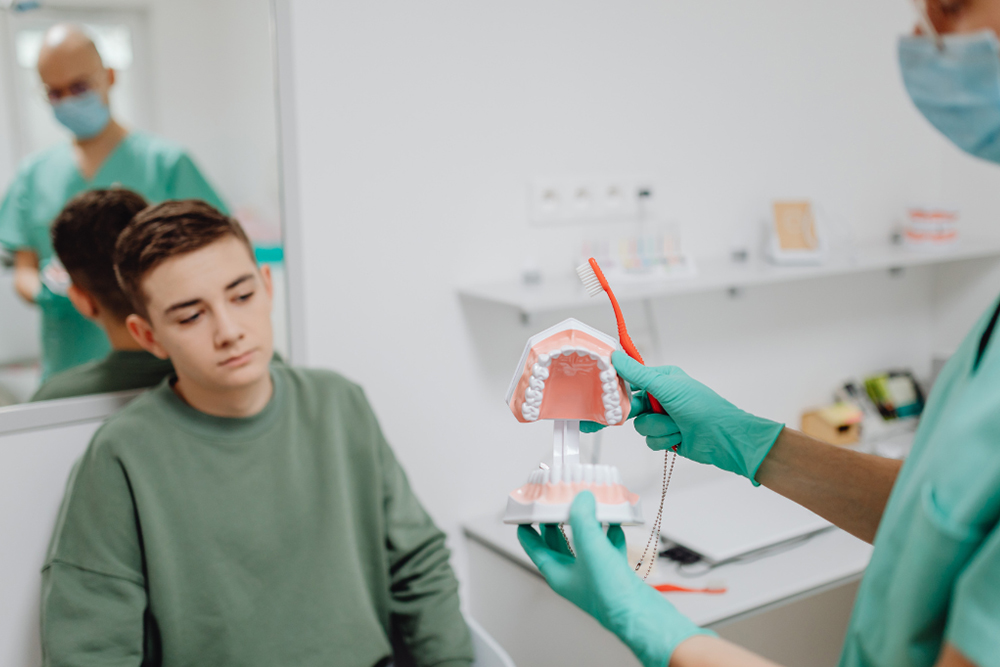

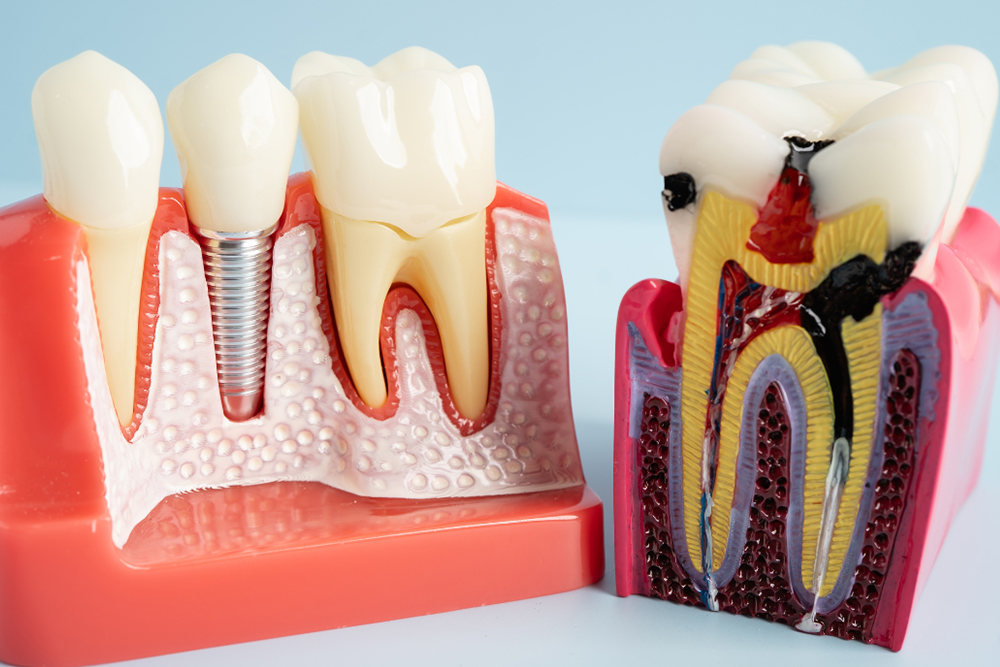
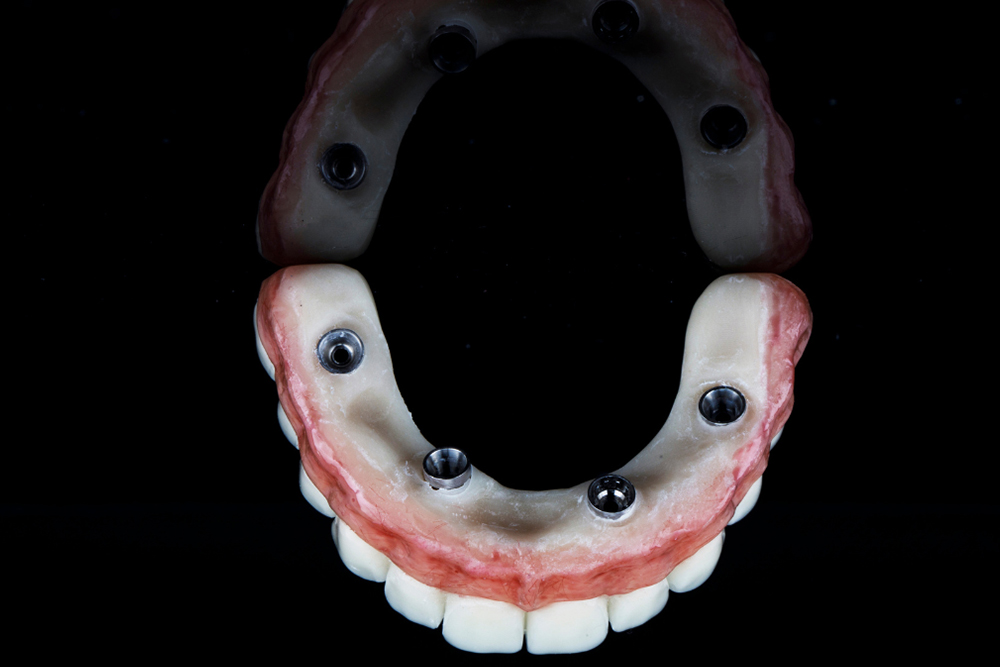
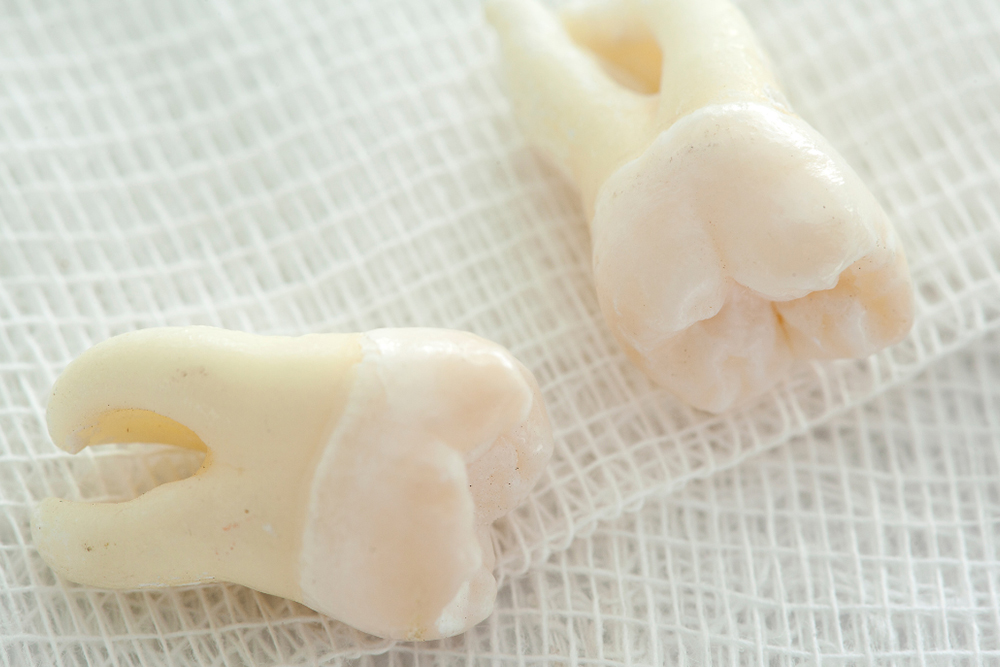






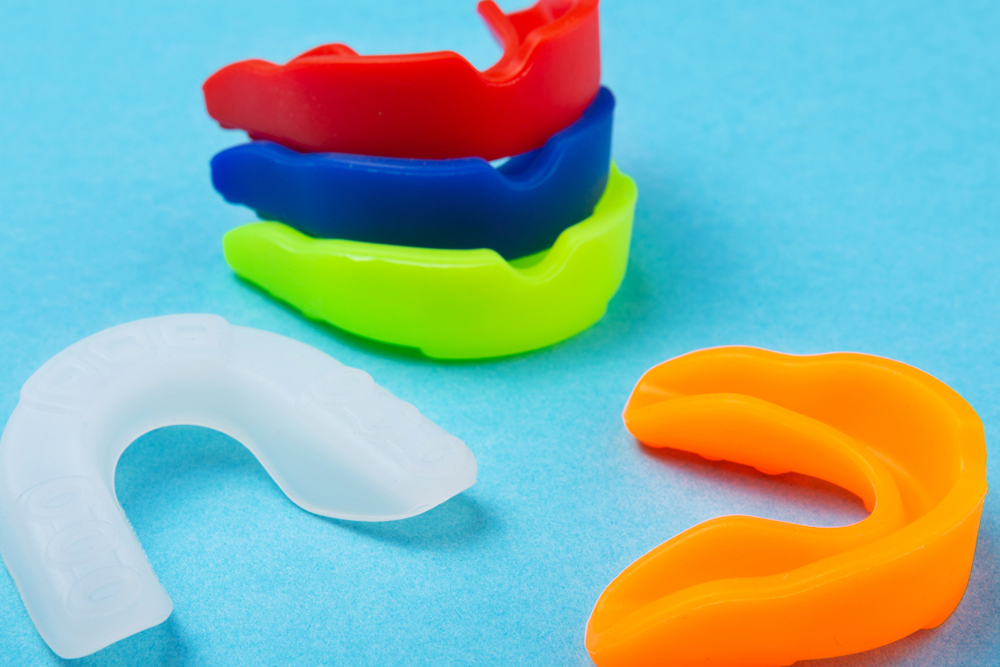

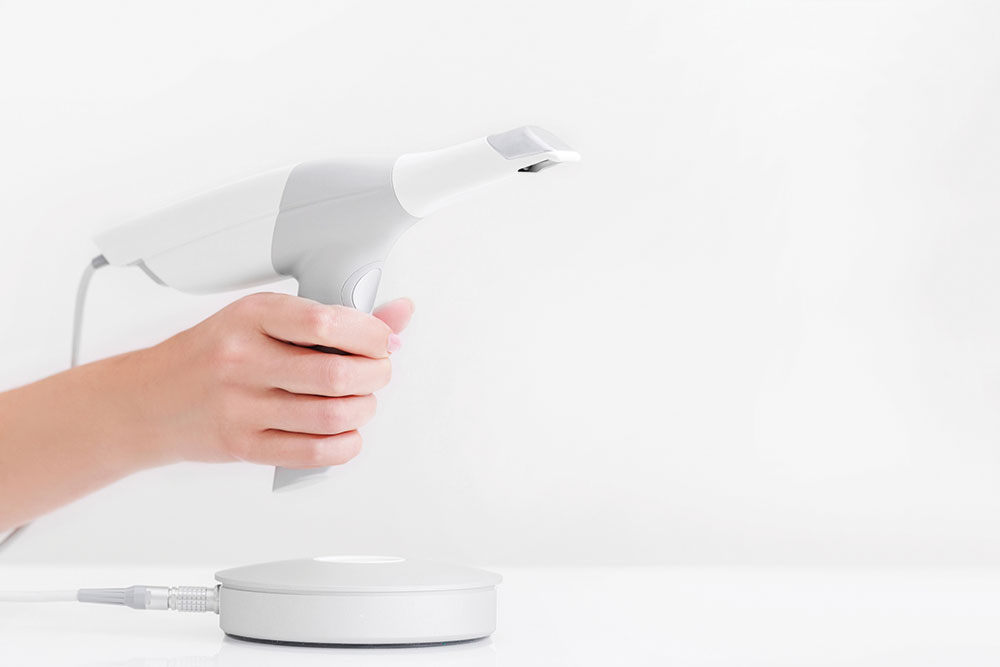




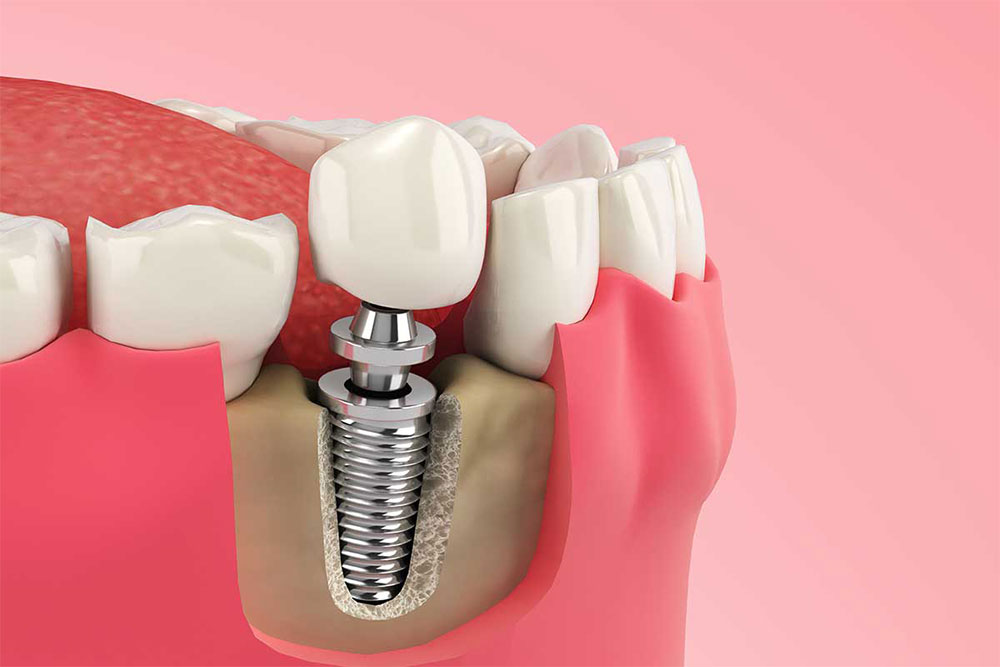
















We Are Here to Help You
Whitby, ON, L1N 4M9
905-430-7045
905-430-7284
info@dwdentistry.ca




